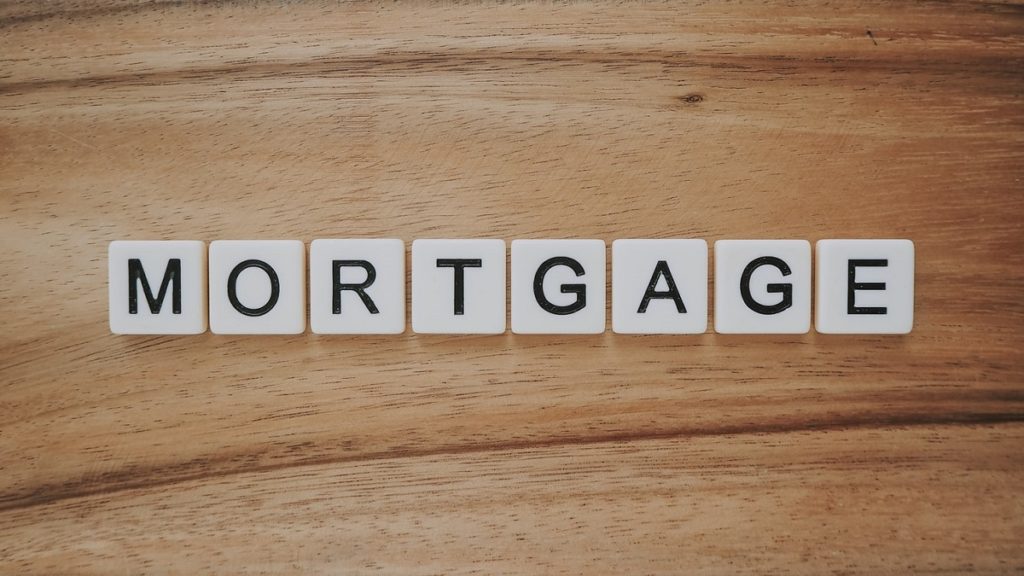Buying a new home is considered a huge investment since it requires a significant amount of money. However, unless you have the cash to pay the entire purchase price, you probably need a financing solution to help you with the costs. This is where a mortgage or a home loan enters the picture.
Mortage is a type of loan designed to help individuals borrow funds to cover the purchase price of their new home. However, it’s essential to note that there are different types. That’s why, when you are considering the best mortgage, it can be confusing. It’s not always easy to know whether a fixed mortgage, variable mortgage or even a bridging loan is the best option for your house purchase.
To a certain extent, it is down to whether you think interest rates are going to go up or down and other financial factors. If you were buying a renovation property you may benefit from a bridging loan mortgage, especially if the property is not in a state that is fit for a mortgage.
It’s always best to seek financial advice from a mortgage expert when you are making decisions about mortgages. For instance, you may consider working with a mortgage broker to help you find the right lender who offers the right mortgage for your needs.
This professional usually serves as an intermediary between you and some potential lenders to ensure you get the best possible terms for your home loan. With a broker by your side, you can save time throughout the application process and more money on your monthly repayments.
But aside from seeking professional assistance, it’s also best to familiarize yourself with the various types of mortgages to help you make an educated financial decision. Here, we look at different home loan options to help you decide which is the best fit for you.
Fixed-rate mortgages
Fixed-rate mortgages are the most common option for most people looking to buy a home. A fixed-rate mortgage has a fixed interest rate for a fixed number of years. It is also known as a ‘stick to the ribs’ mortgage. The advantage of this type of mortgage is that your repayments will not fluctuate.
A fixed-rate mortgage has a set of interest rates for a certain time period. During this period, your interest rates will not change and you will get the same rate as you had at the start. Fixed-rate mortgages are available for between 3 months and 5 years.
If you have a deposit that is large enough, the lender will be able to offer you a fixed-rate mortgage.

Variable-rate mortgages
A variable rate mortgage is one where the interest rate can change every month or even every week. The interest rate for these loans can change every year, or even every few years, so it can be more expensive than a fixed-rate mortgage.
It is important to remember that if interest rates are on the increase, your interest rate is likely to go up. The increase in your mortgage rate can be quite high and it can be difficult to predict when interest rates are going to go up and down.
When interest rates are low, your interest rate may go down but when they are high your interest rate may go up. If your interest rate is rising you may need to think about whether you are prepared to pay for a mortgage with an interest rate that is higher than you originally had.
If you think that interest rates are going to go up, it is better to pay a higher interest rate now rather than a lower interest rate later.
Interest-only mortgages
Interest-only mortgages are a loan where you pay no interest for the first year or two. After this time you pay a loan fee which is interest.
When you are looking at an interest-only mortgage, you have to consider that the repayments are going to go up when you start to make repayments of the mortgage principal.
Interest only can be a good option if you think that interest rates are going to go up and you are a little stretched. If interest rates rise, your mortgage repayments will go up and if interest rates fall, your mortgage repayments will go down (Find out more at mortgages.co.nz). If you are only paying interest then the amount you pay monthly will be lower.

Bridging loans
A bridging loan is used to finance the purchase of a property. It can be used to cover the time between the purchase of your property and the time you get a mortgage.
A bridging loan is a very flexible short-term loan that can help you find your next step in the property ladder. Bridging loans are characterised by high-interest rates. they are designed to enable fast access to money, often for cash purchases of property
People tend to take out a bridging mortgage when they have found the home they really want and can’t get a mortgage on it yet (it is in a state of disrepair), or they want to be a cash buyer and get a discount.
Conclusion
Buying a home is an exciting time in one’s life. It is a sign of growth, prosperity and stability. When buying a home, you must make the best decision possible. This includes making payment arrangements that are economical as well as flexible. And suppose you’re looking to purchase a new home without worrying about your finances later on; then you should consider many mortgage types before settling on one.
The mortgage type that works best for your financial situation depends on your unique needs and objectives. Hopefully, this guide is a good starting point on the journey to making that important life investment decision. Remember, finding the right mortgage with reasonable interest rates and flexible loan terms can go a long way in helping you save money in the long run.






